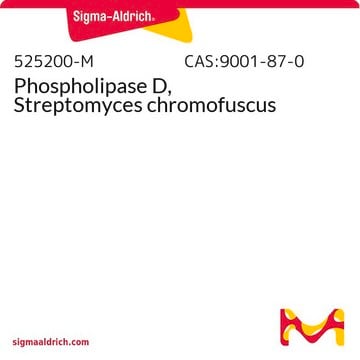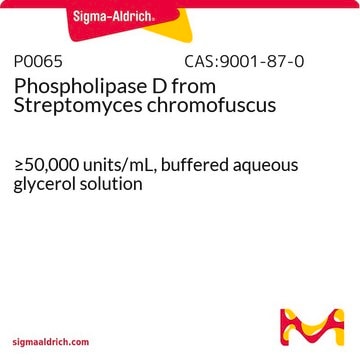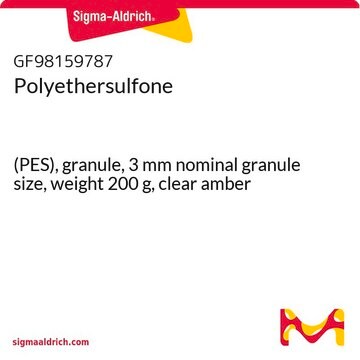555169
Poly[(m-phenylenevinylene)-co-(2,5-dioctoxy-p-phenylenevinylene)]
light-emitting polymer, predominantly trans
Synonyme(s) :
Poly(m -phenylenevinylene-co -2,5-dioctoxy-p -phenylenevinylene)
About This Item
Produits recommandés
Niveau de qualité
Solubilité
chloroform: soluble 2 wt. %
λmax
402 nm
Fluorescence
λex 405 nm; λem 452 nm in chloroform
Chaîne SMILES
O(CCCCCCCC)c1c(cc(cc1)OCCCCCCCC)\C=C\c2cc(ccc2)C=C
InChI
1S/C32H46O2/c1-4-7-9-11-13-15-24-33-31-22-23-32(34-25-16-14-12-10-8-5-2)30(27-31)21-20-29-19-17-18-28(6-3)26-29/h6,17-23,26-27H,3-5,7-16,24-25H2,1-2H3/b21-20+
Clé InChI
HCMZJCRIYYFYPL-QZQOTICOSA-N
Description générale
Application
Code de la classe de stockage
11 - Combustible Solids
Classe de danger pour l'eau (WGK)
WGK 3
Point d'éclair (°F)
Not applicable
Point d'éclair (°C)
Not applicable
Équipement de protection individuelle
Eyeshields, Gloves, type N95 (US)
Faites votre choix parmi les versions les plus récentes :
Déjà en possession de ce produit ?
Retrouvez la documentation relative aux produits que vous avez récemment achetés dans la Bibliothèque de documents.
Notre équipe de scientifiques dispose d'une expérience dans tous les secteurs de la recherche, notamment en sciences de la vie, science des matériaux, synthèse chimique, chromatographie, analyse et dans de nombreux autres domaines..
Contacter notre Service technique


![Poly[2-methoxy-5-(2-ethylhexyloxy)-1,4-phenylenevinylene] average Mn 40,000-70,000](/deepweb/assets/sigmaaldrich/product/structures/344/488/b8f8179d-3970-4deb-a754-adda88cdb36f/640/b8f8179d-3970-4deb-a754-adda88cdb36f.png)




